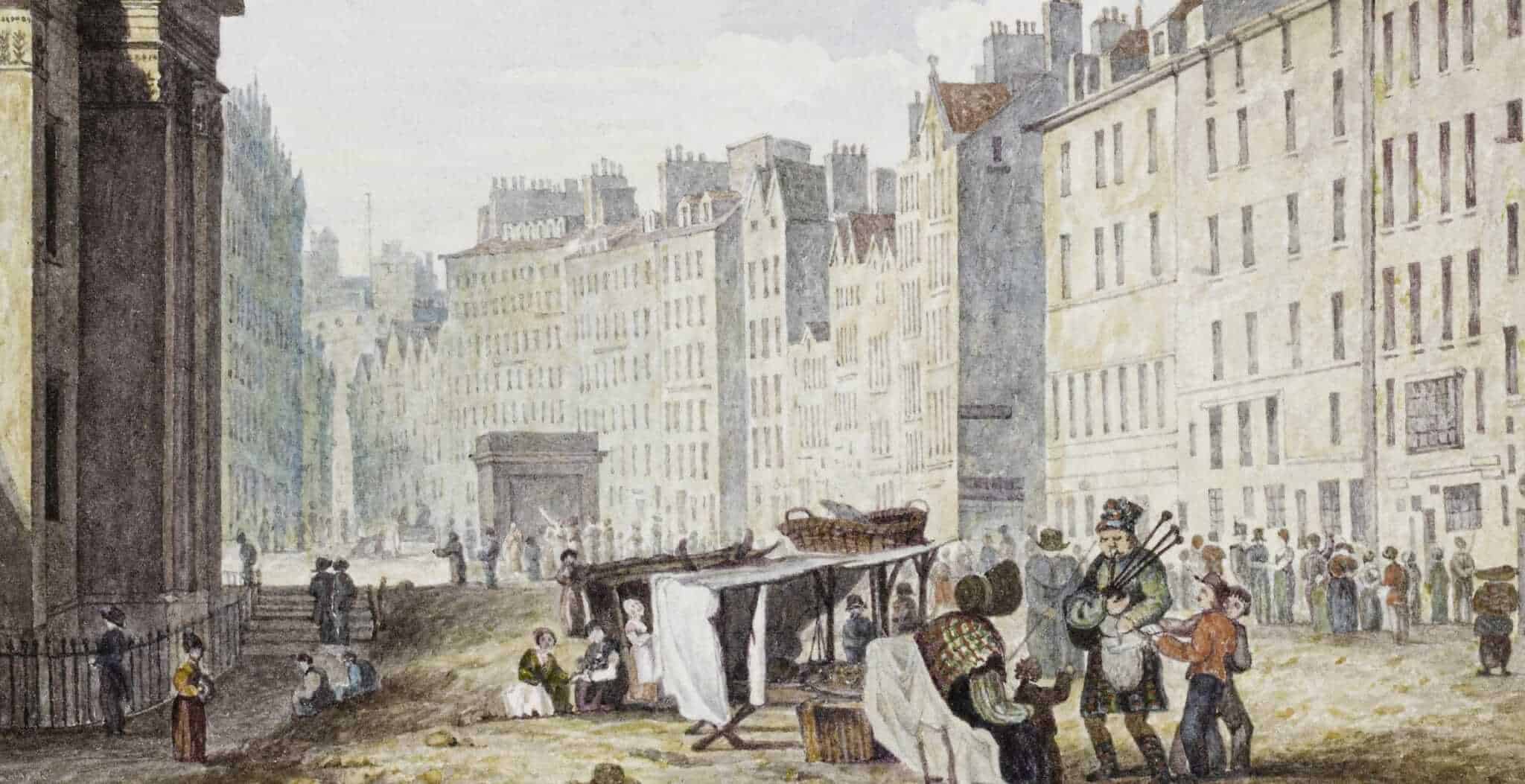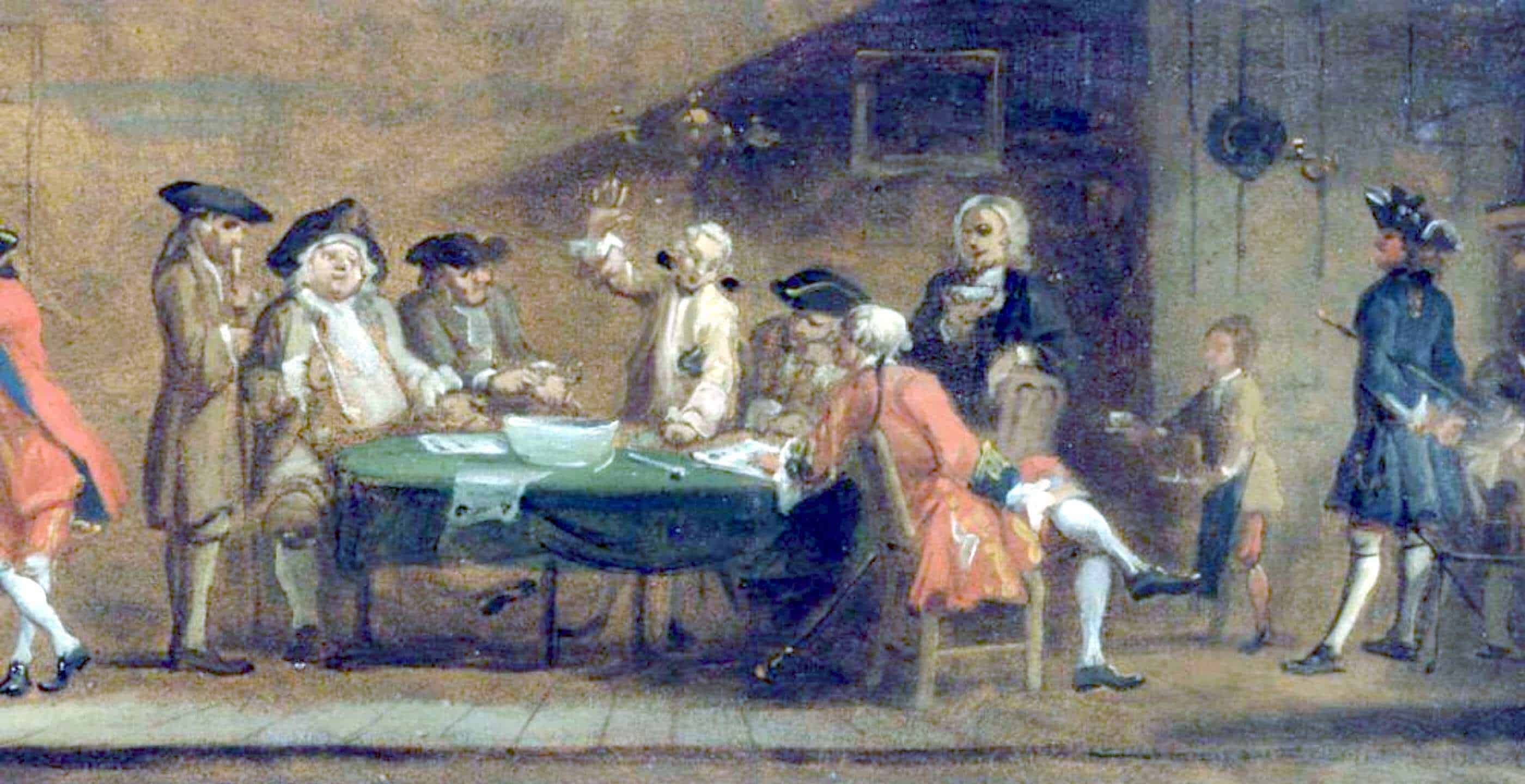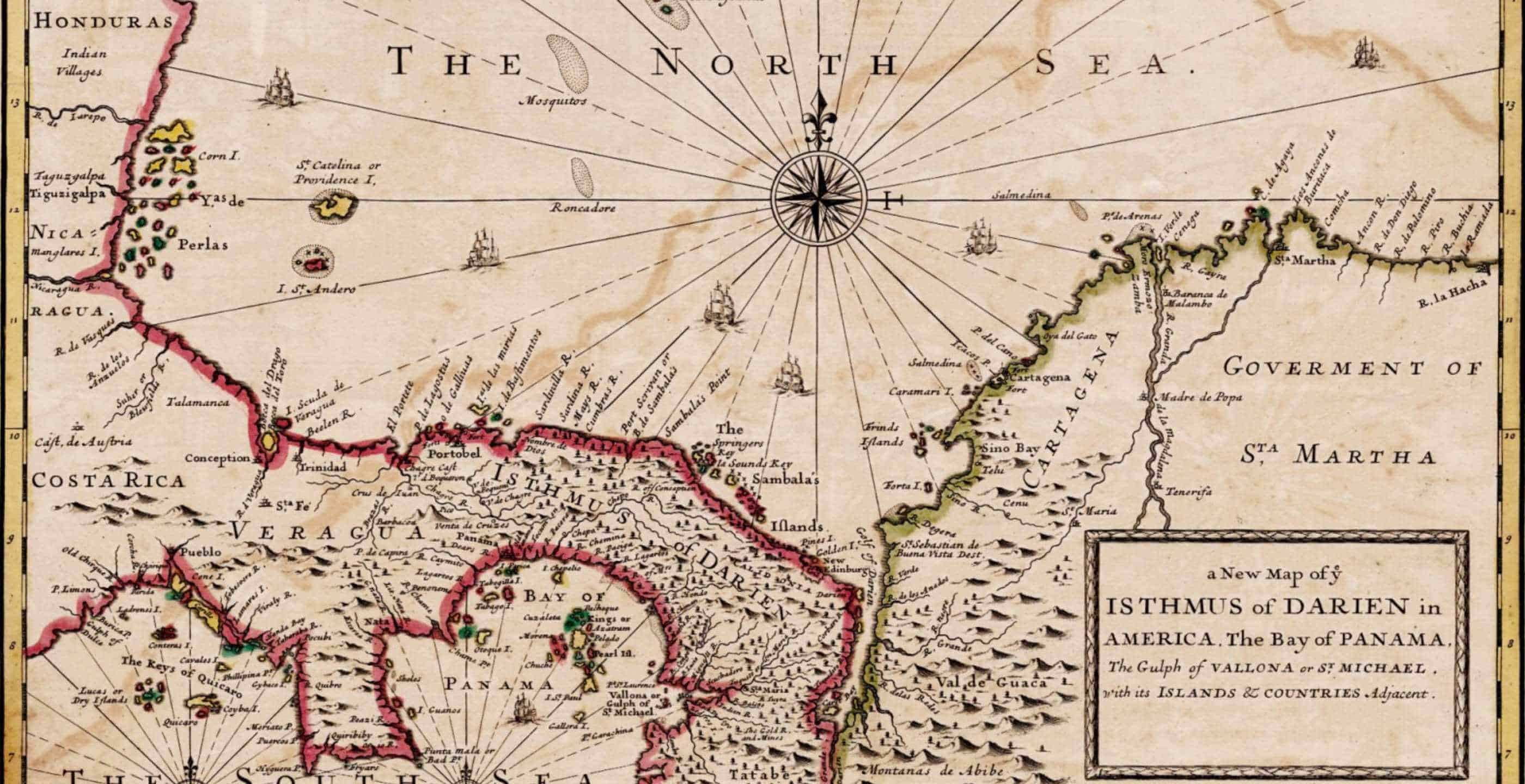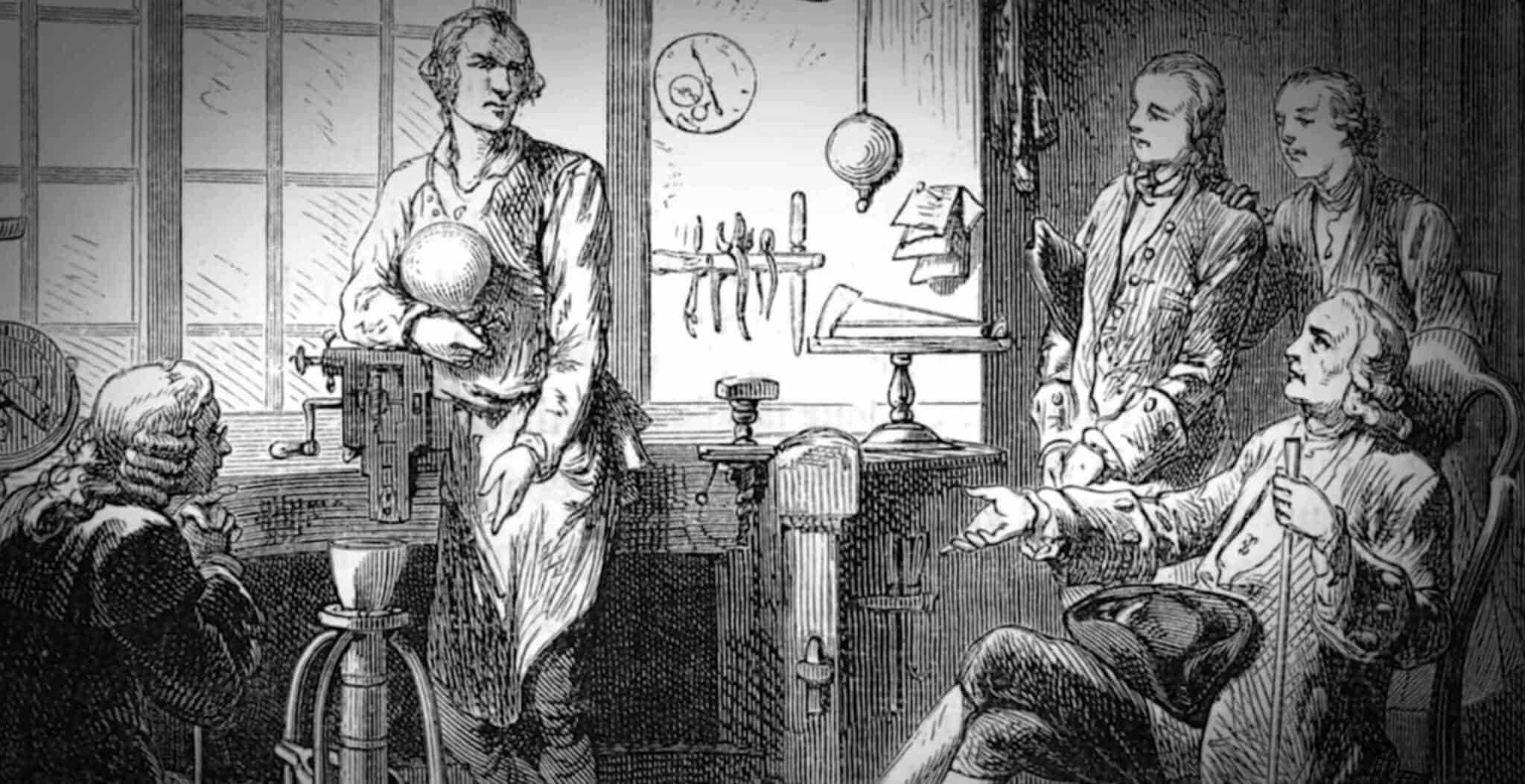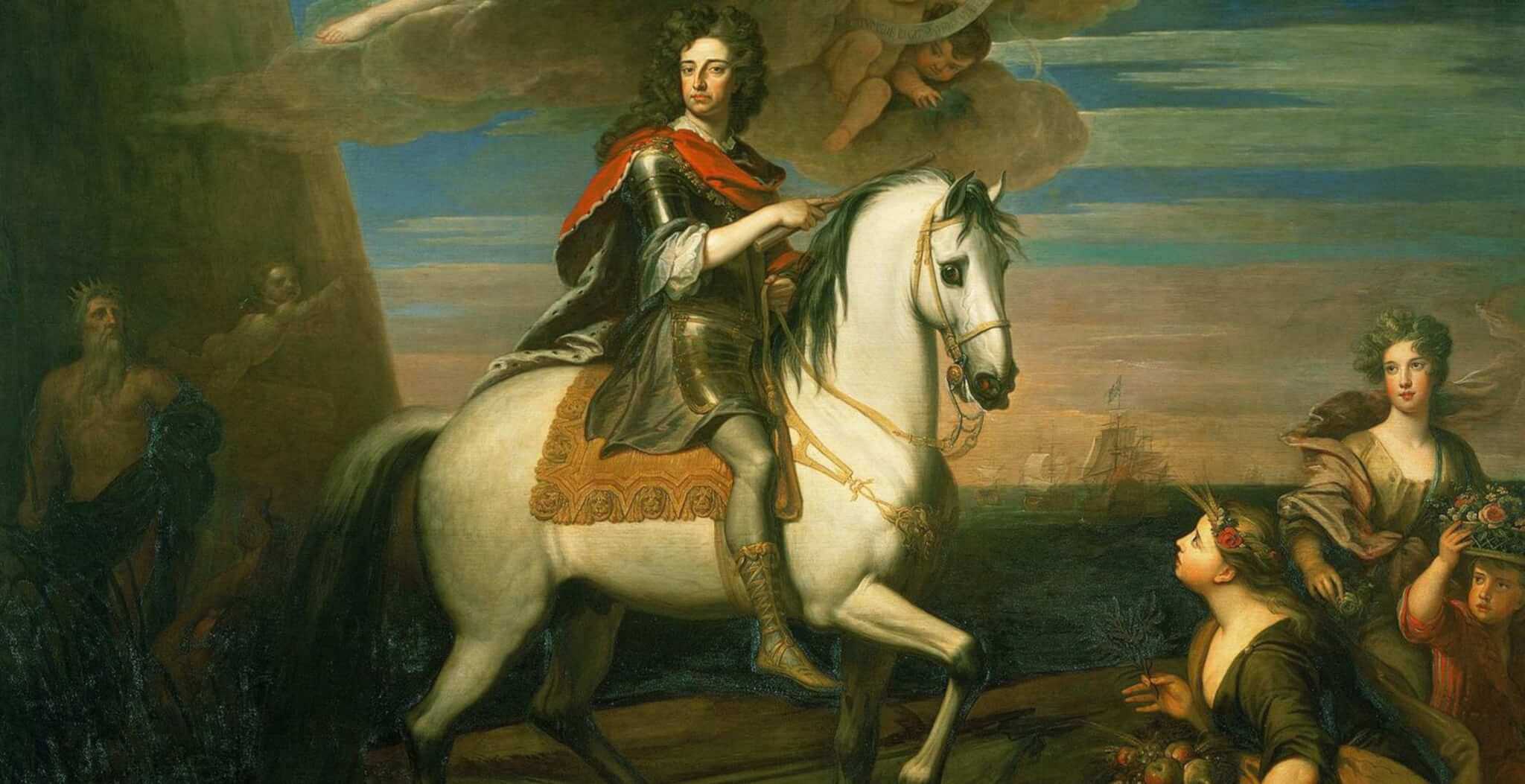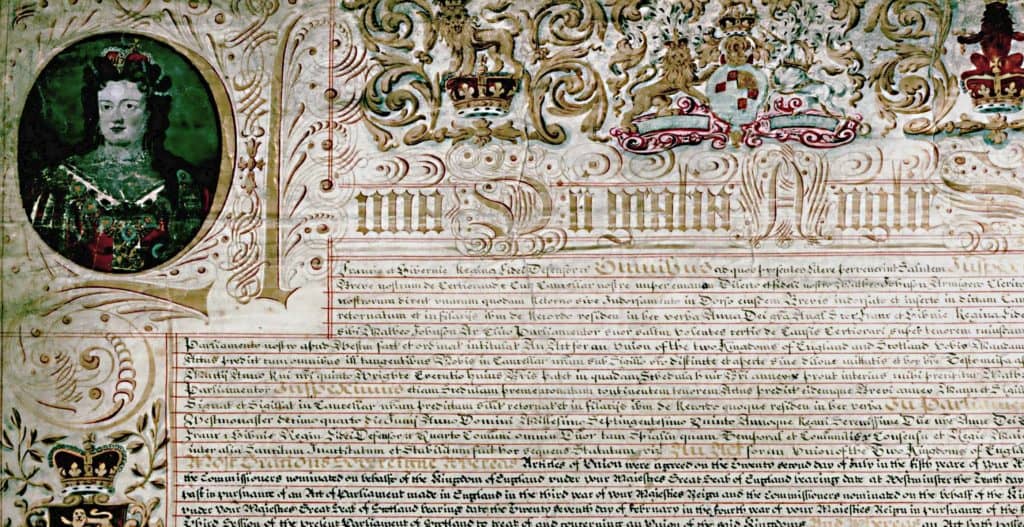Following a century of relative turmoil – the ousting of the Stuarts in favour of the House of Orange, the Jacobite Rebellions, the failure of the Darien Scheme, the (albeit reluctantly for some) Union in 1707 of Scotland and England and the social and economic instability that followed – it would be forgivable to expect a period of very slow recovery to follow for the Scottish nation.
However, recovery there was and more than that, there was the birth of an intellectual and philosophical movement that equaled and potentially even rivalled the whole of Europe’s at the time. This movement became known as The Scottish Enlightenment. It was a new era, Scotland’s Belle Époque, a time where the greatest minds of Scotland competed and discoursed with those of Europe. For Rousseau, Voltaire, Beccaria, Kant, Diderot and Spinoza, Scotland offered up Hume, Fergusson, Reid, Smith, Stewart, Robertson and Kames.
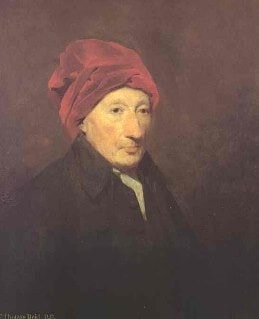
This seemingly unprecedented intellectual fertility is often examined due to the sheer unlikelihood and even incongruity of this level of progress within a country supposedly brought to its knees by the mid 1700s.
However, as the author Christopher Brookmyer once argued, the reason that things get invented in Scotland is exactly the inverse of why they don’t get invented in the Caribbean. “Scots just can’t help inventing things. Leave one alone on a single-palm desert island and by the end of the week he’ll have built a paddle-craft using every available resource, right down to the hollowed coconut shells for a propeller. Maybe it was because Scotland was such a miserable place to live that the drive to improve one’s day-to-day existence was utterly imperative. What the hell got invented in the Caribbean? Nothing. But Scotland? You name it.” If you take the 18th century as an example, then he certainly has a point!
There is an argument put forward by some that the Scottish Enlightenment was directly due to the Union of 1707. Scotland had suddenly found itself without a parliament or a king. However, the aristocrats of Scotland were still determined to participate in and improve the policies and welfare of their country. It is possible that out of this desire and focus, the Scottish literati were born.
The reason for the Scottish Enlightenment, however, is a debate for another time. The importance and historical significance of the episode is for today. Walking down the Royal Mile in Edinburgh you will come across a statue of the Scottish philosopher David Hume, arguably the greatest philosopher of his time, if not all time.
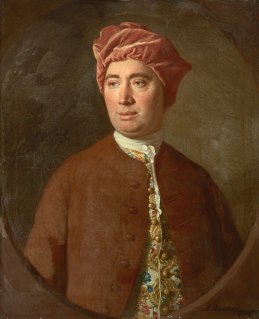
Although originally hailing from Ninewells, Berwickshire, he spent the majority of his time in Edinburgh. He considered such subjects as morality, conscience, suicide and religion. Hume was a skeptic and although he always avoided declaring himself an atheist, he had little time for miracles or the supernatural and instead focused on the potential of humanity and the inherent morality of the human race. This did not go down particularly well at the time as the majority of Scotland, and indeed the rest of Great Britain and Europe were very religious. Hume was a gentle individual; he allegedly died peacefully in his bed still having not given an answer on his faith, and did so without upsetting the bowl of milk in his lap. The legacy of his discourse lives on however and he is credited with some of the finest thinking of his time.
It was said that Hume embodied Scotland’s philosophy, trade, politics and religion. This may be true, but he was by no means alone. This was not the work of one man, but of an entire nation. There were Scottish contributors to the Enlightenment that hailed from all over the country, from Aberdeen to Dumfries. However, the epicenter of this incredible intellectual movement was undoubtedly Edinburgh. In fact, the Enlightenment gave birth to The Royal Society of Edinburgh in 1783, of which many of our Enlightenment thinkers were fellows.
One possible reason for this germination of philosophical thought may be due to the fact that, after the historic universities of St. Andrews, Glasgow, Aberdeen and Edinburgh. It is undeniable that this wealth of intellectual, philosophical and scientific genius hailed from all over Scotland, but Edinburgh and Glasgow became hot-houses for its development and proliferation. Scotland competed with Europe in terms of philosophical and intellectual fertility and the Scottish Enlightenment ranks beside that of Europe’s. Not for nothing was Edinburgh called the ‘Athens of the North’ in 1762 and by the mid-1800s Glasgow was referred to as the ‘Second City’ of the British Empire. This was due in no small part to the spectacular anomaly that was the Scottish Enlightenment.

The Scottish Enlightenment began in the mid 18th century and continued for the best part of a century. It marked a paradigm shift from religion into reason. Everything was examined: art, politics, science, medicine and engineering, but it was all begot by philosophy. The Scottish people thought, discovered, discoursed, experimented, wrote, but above all questioned! They questioned everything, from the world around them, like Adam Smith’s work on the economy, to Hume’s Human Nature, Fergusson’s discussions on history, to Hutchison’s work on ideals such as what makes something beautiful and whether people need religion to be moral?
This new society was allowed to thrive due to the space left by the events earlier in the century. What is clear is that something gave the Scottish people the inspiration at the time to critically examine everything around them, and decide where they stood intellectually and philosophically within Europe, and to a greater extent, the world.
By Ms. Terry Stewart, Freelance Writer.
